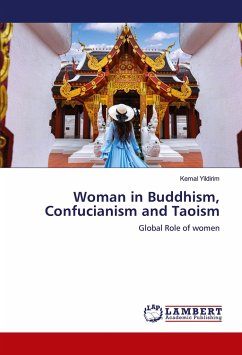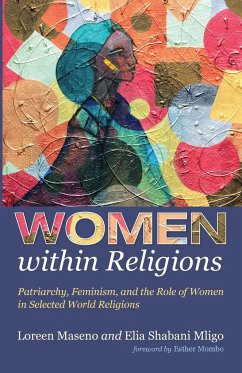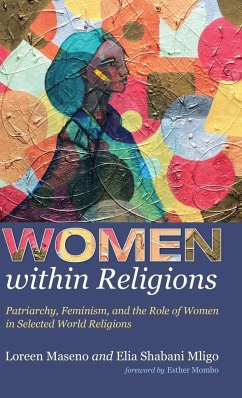Throughout history, the central role of women in society has ensured the stability, progress and long-term development of nations. Globally, women comprise 43 percent of the world's agricultural labor force - rising to 70 percent in some countries. For instance, across Africa, 80 percent of the agricultural production comes from small farmers, most of whom are rural women. It's widely accepted that agriculture can be the engine of growth and poverty reduction in developing nations. Women notably mothers, play the largest role in decision-making about family meal planning and diet. And, women self-report more often their initiative in preserving child health and nutrition. Women are the primary caretakers of children and elders in every country of the world. International studies demonstrate that when the economy and political organization of a society change, women take the lead in helping the family adjust to new realities and challenges. They are likely to be the prime initiator of outside assistance, and play an important role in facilitating (or hindering) changes in family life. This book describes the role of women in Buddhism, Confucianism and Taoism.
Bitte wählen Sie Ihr Anliegen aus.
Rechnungen
Retourenschein anfordern
Bestellstatus
Storno








